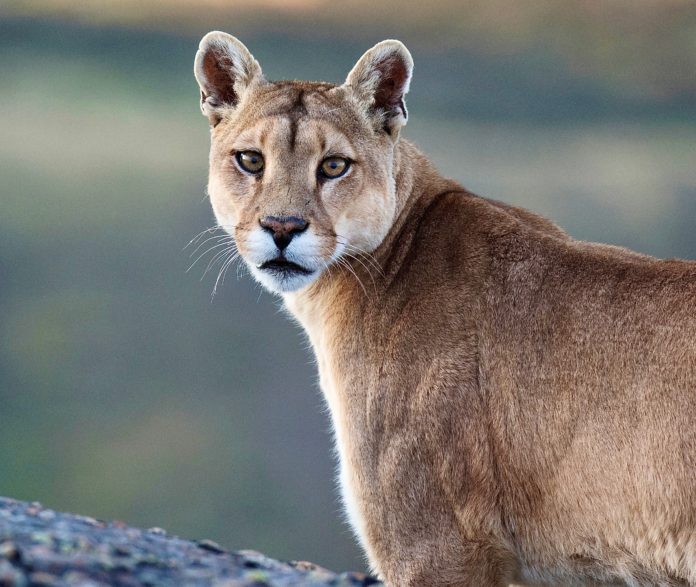
WAN Connects With The Mountain Lion Foundation After Judge Blocks California Development That Threatens The Survival Of Santa Ana Mountain Lions
By Lauren Lewis
You can help all animals and our planet by choosing compassion on your plate and in your glass. #GoVeg
RELATED ARTICLES
Conservation Groups Urge Federal Agencies To Prohibit The Killing Of Wildlife With Snowmobiles
More than 60 conservation groups from across North America filed letters today urging the U.S. Forest Service and Bureau of Land Management to immediately...
New Bill In New Jersey Has The Ability To Stop The Puppy Mill-To-Pet Store Pipeline
New legislation has just been introduced that will prohibit the sale of dogs, cats, and rabbits in pet shops, effectively cutting off the cruel...
13 Million Acres of Alaskan Arctic Is Now Protected From Oil Drilling In The U.S.
The Biden administration has introduced new and final regulations aimed at preserving 13 million acres of ecologically sensitive areas within the 23-million-acre National Petroleum...
Popular stories
News
Imperiled Leopards Are One Step Closer To Gaining Increased Endangered Species Act Protection
Yesterday, In response to a lawsuit by animal protection and conservation groups, the U.S. Fish and Wildlife Service (USFWS) finally agreed to a June...
Paul McCartney & Daughters Share Tasty Plant-Based Recipes In New Book, Linda McCartney’s Family Kitchen
Paul McCartney and his family have long been known for promoting the many benefits of a plant-based diet and lifestyle. In honor of his...
News
DNA Test Confirms That Another Wolf Has Been Killed By A Hunter In New York; Take Action To Help Protect All Wolves In The...
A recent DNA analysis revealed that an 85-pound gray wolf was shot and killed by a hunter in central New York last December. At the time, protection...


